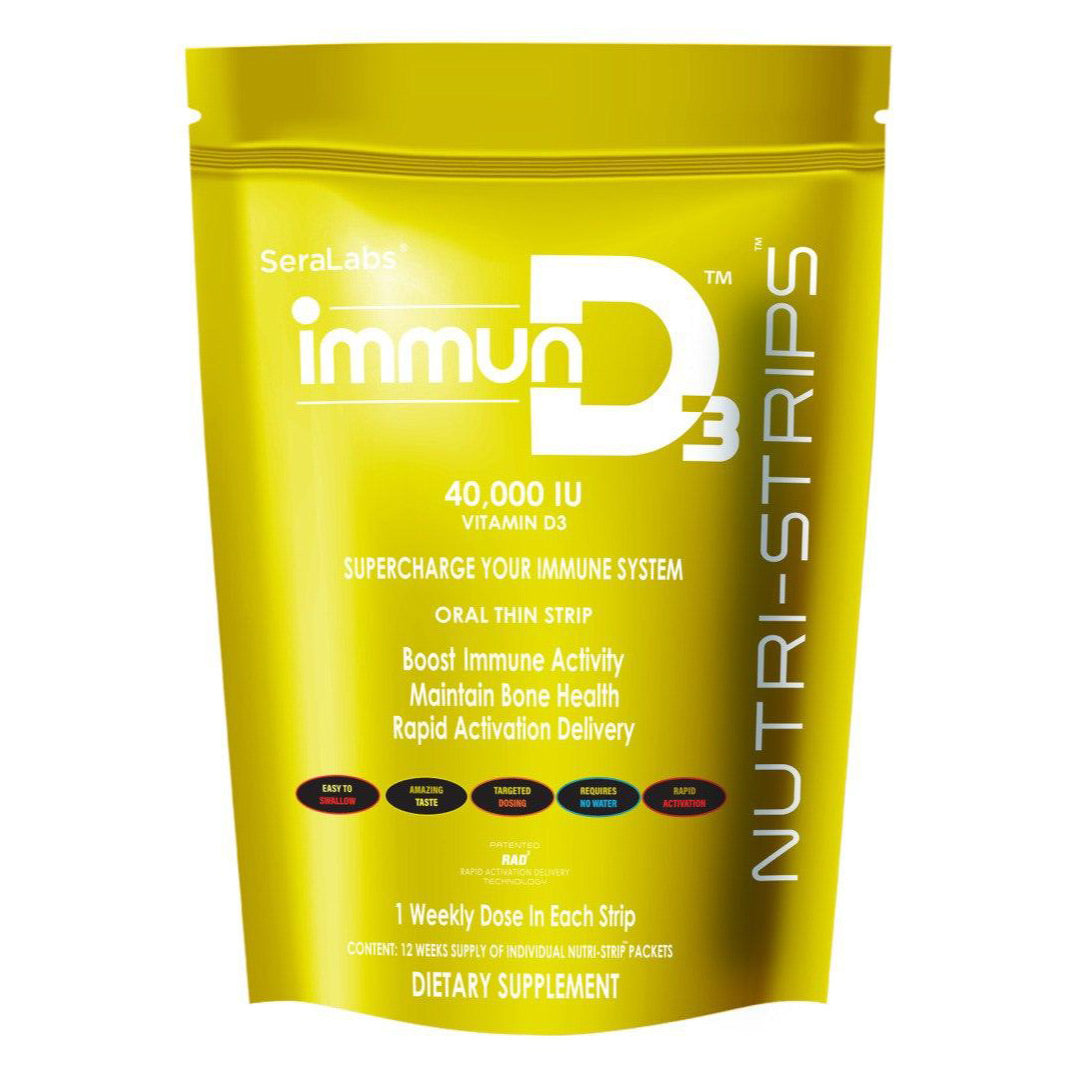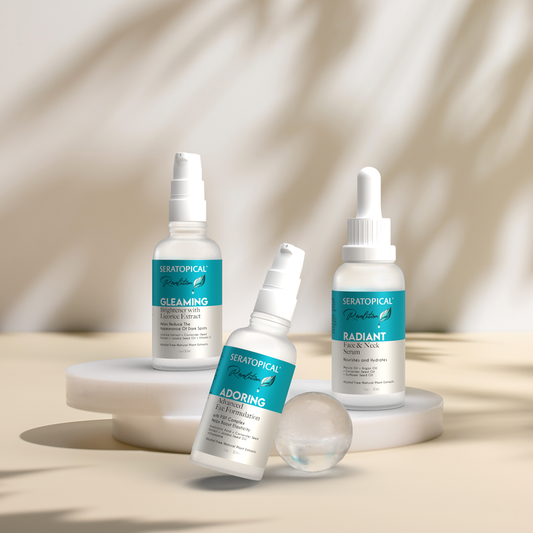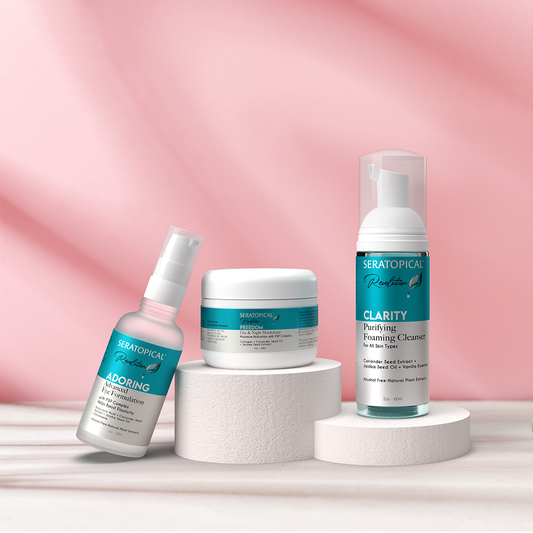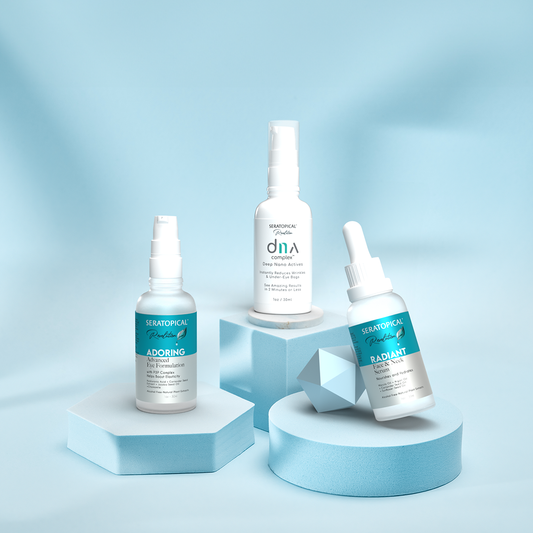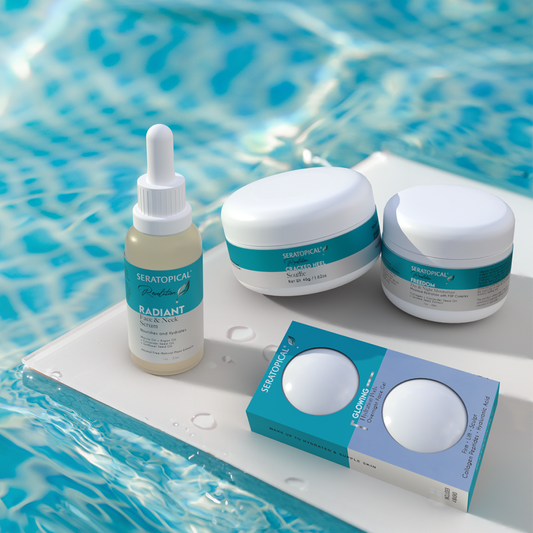Now more than ever, we understand the benefits of leading a healthy lifestyle. From bolstering our immune systems to extending our longevity, optimizing and maintaining a healthy and balanced diet coupled with reasonable physical and mental activity may be crucial to squeezing the quality out of our years.
What Does It Mean to Live a Healthy Life?
A healthy lifestyle is a combination of elements. It's not limited to eating fruits and vegetables while avoiding junk food. Sure, those things help contribute to a healthy lifestyle, but they should be done in conjunction with a whole host of other habits if we want to really get the best out of our bodies. We live in a consumer culture where we are often bombarded with super palatable, highly processed foods that may be extremely calorie-dense.
With technology on the rise, the population is also largely sedentary. If we focus our energies on a healthy diet which may be comprised of nutrient-dense foods and healthy snacks, as well as an increase our physical activity, this may be an excellent start to living a healthier life. But it shouldn't stop there. Our bodies should be kept healthy but so should our minds. Happier people have been shown to possibly live longer. People who have higher levels of optimism may well enjoy a longer life span.
Why Should We Aim For a Healthy Lifestyle?
It might seem obvious to some but for many, living a sub-optimal lifestyle seems satisfactory. The reasons it may be beneficial to stay healthy physically and mentally may differ from person to person. For some people, being healthy physically may allow them to cope better with stress. That's a great potential benefit. The trick is to find your 'why?', why is being healthy important to you? Once you know that, you may be able to start work on the how. If you're eating the right foods and keeping active and strong, your body may be better equipped to help with stress and may also help support a healthy immune system. So now we know that a healthy body and a healthy mind could be crucial for longevity, but how do we aim to strike the right balance?
7 Tips to Maintain a Healthier Lifestyle
#1 Stay Hydrated
Staying hydrated is paramount for maintaining optimal health and well-being. One of the simplest yet most effective ways to stay hydrated is by consistently drinking an adequate amount of water throughout the day. The general recommendation is to aim for at least eight 8-ounce glasses, or about 2 liters, but individual needs may vary based on factors such as age, activity level, and climate. Carry a reusable water bottle with you to make hydration convenient and accessible. Additionally, incorporating water-rich foods into your diet, such as fruits and vegetables, can contribute to overall fluid intake. Pay attention to your body's signals, like thirst, as they indicate when it's time to replenish fluids. Avoid excessive consumption of caffeinated or sugary beverages, as they can contribute to dehydration. By making a conscious effort to prioritize hydration, you support various bodily functions, including digestion, temperature regulation, and the elimination of toxins, fostering a foundation for overall health.
#2 Eat Healthier
Indulging in junk food on a regular basis may lead to an unhealthy lifestyle. These foods are convenient, they taste great and they are not usually filling which leads us to up our food intake without matching our micronutrients. (Micronutrients are the vitamins and minerals that may be commonly found in good, healthy foods like fresh fruits and vegetables.) Eating junk food may leave you feeling tired and weak. It may be recommended that you make healthy eating as convenient as possible.
Keep cut fruits and vegetables in the fridge for easy access, plan your dinner menus and avoid sugary foods in the supermarket which might be loaded with trans fats. If you don't bring them home, you won't be able to eat them. That's a trick for good health right there! You may want to avoid trigger foods and try to identify your satiety cues. That is your body’s natural way of alerting you that it is satisfied and no longer needs more food. If you listen to your body, you might stop over-eating. You may even get used to eating small meals which could be beneficial to over all health. By filling up on healthy foods like whole grains, lean proteins and fresh fruit while avoiding unhealthy foods like candy bars, refined sugar and most processed foods, you may be able maintain a healthy mind and body and stave off poor health habits. This may be a crucial component to healthy living. They say “you are what you eat'” so if you're eating healthy, you may be a lot closer to possibly being healthy.
#3 Be Active
We all know we should engage in regular exercise but sometimes the couch seems to suck us in for hours at a time. Or our desk jobs keep us from doing as much physical activity as we would like. Daily life may get in the way of better health but it's up to us to set our priorities and make it happen. Not only could exercise help us stay healthy, being physically active may also help with the proper functioning of other body systems like regular bowel movements. Resistance training may also improve bone density while variations like Pilates, yoga and dance may help balance and mobility. These types of exercises are great for elderly people who may struggle with balance or brittle bones. Getting into a daily routine that includes some variation of movement may be the best way to stick to a good habit. Even implementing movement into your daily chores is an option that contributes to healthy living. Think: cooking or cleaning the house. It may not qualify as vigorous exercise but every little bit counts.
#4 Reduce Stress
Negative thoughts may have more power than we think. Have you ever noticed how being around someone grumpy may negatively affect your day? Or at the same time, how being around someone with a positive disposition may brighten your mood and make you feel better? Simply smiling more may have a positive effect on your mood. Even a fake smile has proven potentially better than a frown. Positivity may be good for your mood, and it may also be good for overall health. Another way to adopt a positive attitude is to practice reframing situations. If you are stressed out about something, try and identify the positive in it. For example, if you are feeling blue about going to work on a Monday morning, rather focus on the fact that you have a job to go to instead of being unemployed. You may want to look at it as the fact that you get to go to work, not that you have to go to work.
#5 Prioritize Sleep
Getting enough sleep may be considered likely to be crucial if one wishes to adopt a healthy lifestyle. Sleep is how our bodies recharge and may be an essential element for our physical and mental health. If you don't get enough sleep you are more likely to be cranky, sluggish and not as alert as you could be. If you do not get enough sleep on a regular basis it has even been linked to the possibility of a lower life expectancy. The general rule of thumb for most individuals may be to aim for around eight hours of good-quality sleep a night to feel good and function properly. Some people may need more and some people may need less. Everyone should identify their sweet spot and work to set up a routine that allows them to achieve those set hours.
#6 Incorporate Meditation
Incorporating meditation into your daily routine can have profound benefits for both your mental and physical well-being. Begin by setting aside a dedicated time and space for meditation, creating an environment that is conducive to relaxation. Start with short sessions, gradually extending the duration as you become more comfortable with the practice. Focus on your breath or choose a specific meditation technique that resonates with you, such as mindfulness or guided meditation. Consistency is key, so aim to meditate regularly, even if only for a few minutes each day.
Integrating meditation into your morning or bedtime routine can be particularly effective in promoting a sense of calm and clarity. Embrace a non-judgmental attitude, understanding that the mind may wander, and gently redirect your focus. Over time, the practice of meditation can help reduce stress, enhance emotional resilience, and cultivate a greater sense of mindfulness in your daily life, contributing to an overall sense of balance and well-being.
#7 Improve Immune System
Improving your immune system is crucial for maintaining overall health and resilience against illnesses. One effective method is incorporating ImmunD from Nutri-strips into your daily routine. ImmunD has a breakthrough delivery system that provides 40,000 IU of Vitamin D. These convenient, dissolvable strips are designed to provide a potent blend of immune-boosting nutrients, and you only take once a week. Alongside this, maintaining a balanced and nutritious diet rich in fruits, vegetables, and lean proteins contributes to optimal immune function. Regular exercise is another key factor; it not only helps in managing weight but also stimulates the immune system. Sufficient sleep is equally essential, as it allows the body to repair and regenerate, enhancing immune response.
Additionally, managing stress through activities like meditation and yoga can positively impact the immune system. Hydration is often overlooked but is vital for supporting the body's natural defense mechanisms. By combining these lifestyle strategies with the immune-boosting benefits of ImmunD from Nutri-strips, you can create a comprehensive approach to fortifying your immune system and promoting overall well-being.
A supplement we could recommend in order to supercharge your immune system is the ImmunD3 Nutri-strip. These are a breakthrough in Vitamin D supplements, providing 40,000 IU of Vitamin D – a full week’s worth– in ONE small Nutri-Strip!
In Summary
Healthy habits may be the cornerstone for a long and healthy lifestyle. By focusing on nutrition, exercise, positivity, sleep and supplements, you may be able to form a solid foundation for improved well-being. If you feel you need to make improvements in all five areas, try starting small. Implement one element at a time until you have mastered it into your daily routine, then work on the next one. A healthy lifestyle is a process. Enjoy it! Have fun with it!
Resources:
-
https://www.oakbendmedcenter.org/2018/05/23/14-steps-to-a-healthy-lifestyle/
-
https://personalexcellence.co/blog/healthy-living/
-
https://www.medicinenet.com/healthy_living/article.htm
-
https://www.verywellfit.com/simple-ways-to-live-a-healthy-lifestyle-1231193
-
https://www.eufic.org/en/healthy-living/article/10-healthy-lifestyle-tips-for-adults


